Introduction
The Future of SyntheticAI: Shaping Tomorrow’s Technology
Artificial Intelligence has already transformed our daily lives, but a new frontier is rising: syntheticAI. Unlike traditional AI, which focuses on mimicking human thought, synthetic intelligence aims to create new forms of reasoning and adaptation that go beyond human limitations.
In this article, we’ll explore what syntheticAI is, how it differs from AI, its potential applications, and why it’s set to redefine industries in the coming decades.
For more resources, visit synthetic intelligence.
What is SyntheticAI?
SyntheticAI is a branch of synthetic intelligence that blends artificial systems with biological, computational, and sometimes chemical processes to create self-evolving forms of intelligence.
Unlike AI, which requires training data, synthetic artificial intelligence can adapt to environments, evolve independently, and even generate problem-solving methods unknown to humans.
This makes syntheticAI one of the most powerful emerging technologies in the 21st century.
Key Characteristics of SyntheticAI
- Self-Evolving – Learns and adapts without human retraining.
- Multi-Disciplinary – Combines computing, biology, robotics, and physics.
- Beyond Human Thought – Doesn’t just copy us; it creates new intelligence.
- Integration with Biology – Connects with synthetic biological intelligence for living, adaptive systems.
How SyntheticAI Differs from Traditional AI
| Feature | Artificial Intelligence (AI) | SyntheticAI |
|---|---|---|
| Goal | Mimic human intelligence | Create new intelligence |
| Dependence | Requires human training data | Evolves independently |
| Scope | Limited to programmed functions | Crosses biology, computing, robotics |
| Example | Chatbots, predictive tools | Bio-hybrid systems, evolving robotics |
Applications of SyntheticAI
SyntheticAI has the power to reshape every major industry:
- Healthcare
- Drug discovery through synthetic artificial intelligence.
- Personalized treatments based on patient biology.
- Finance
- Adaptive fraud detection.
- Independent trading systems.
- Education
- Learning platforms powered by synthetic intelligence that adapt to individual students.
- Robotics
- Machines that evolve their own strategies.
- Self-learning systems for manufacturing.
- Environmental Science
- Synthetic biological intelligence microbes to clean ecosystems.
- Adaptive climate monitoring systems.
Companies Investing in SyntheticAI
| Company/Institution | Focus Area | Example Project |
|---|---|---|
| Tech Giants | Robotics & AI | Autonomous adaptive robots |
| Biotech Firms | Synthetic biological intelligence | DNA-based computing |
| Universities | AI & Biology research | Hybrid synthetic systems |
| Startups | Smart healthcare | AI-driven genetic therapy |
Benefits of SyntheticAI
- Limitless Potential – Not bound by human-style thinking.
- Cross-Industry Impact – From medicine to space exploration.
- Adaptive Learning – Learns from real-world environments.
- Innovation Driver – Sparks the next industrial revolution.
Challenges and Risks
While synthetic intelligence is exciting, it comes with challenges:
- Ethical risks – Who controls self-evolving intelligence?
- Security risks – Could syntheticAI be misused?
- Economic risks – How will it impact jobs and industries?
These challenges must be balanced with regulation and responsible innovation.
The Future of SyntheticAI
The next decade will see syntheticAI move from theory into practice. Hybrid biological-computational systems, evolving robots, and adaptive healthcare solutions will soon be part of daily life.
Just as electricity and the internet defined earlier revolutions, synthetic artificial intelligence will define the next one.
Conclusion
The future of syntheticAI is bright, complex, and transformative. By blending computation, biology, and adaptive learning, it goes beyond AI and promises a future where new forms of intelligence reshape every aspect of human life.
Stay updated with the latest insights at synthetic intelligence.
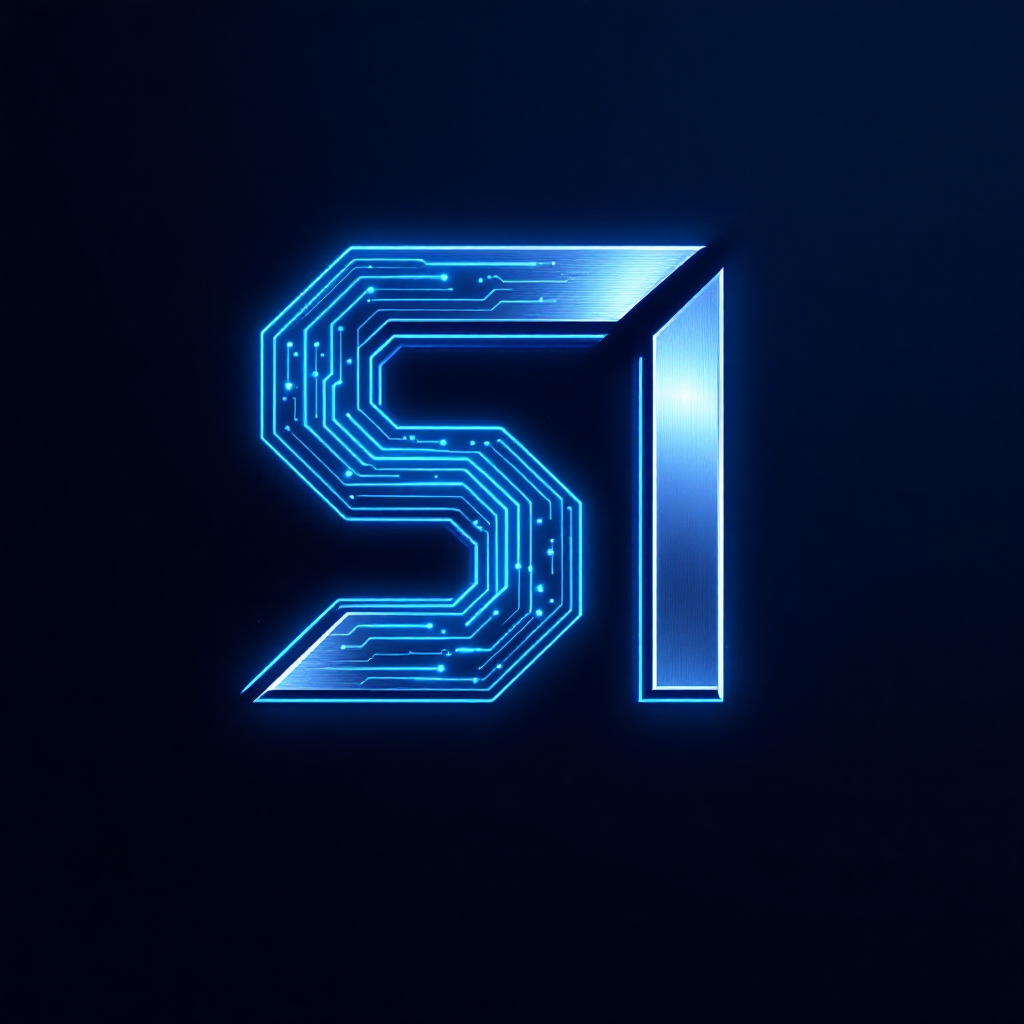





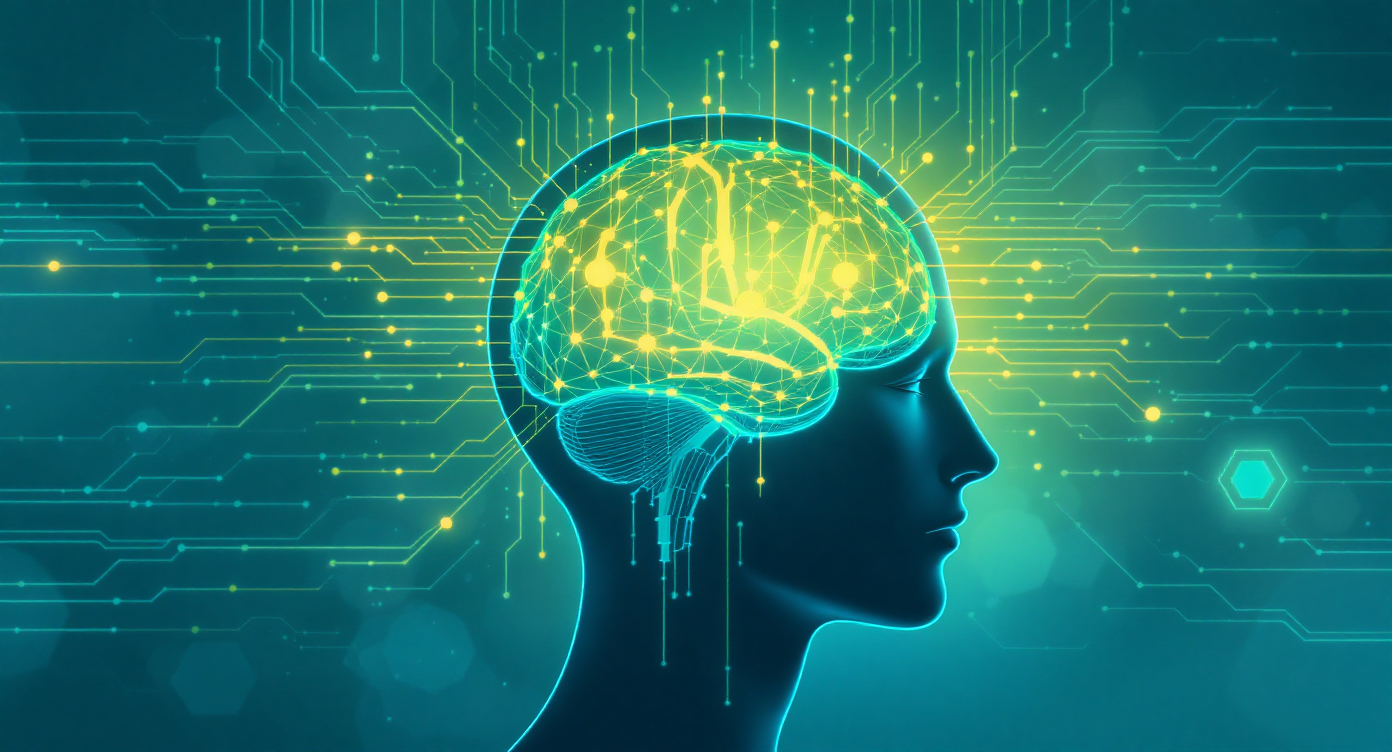
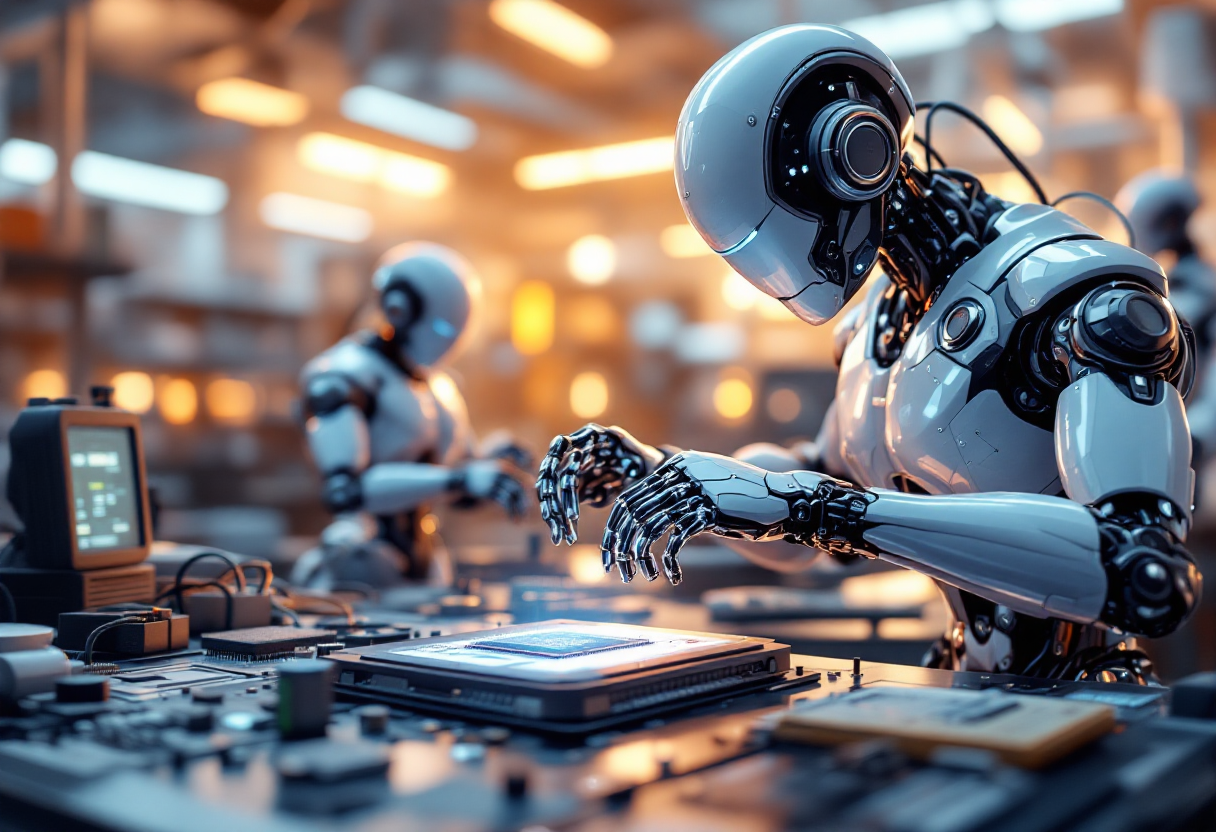
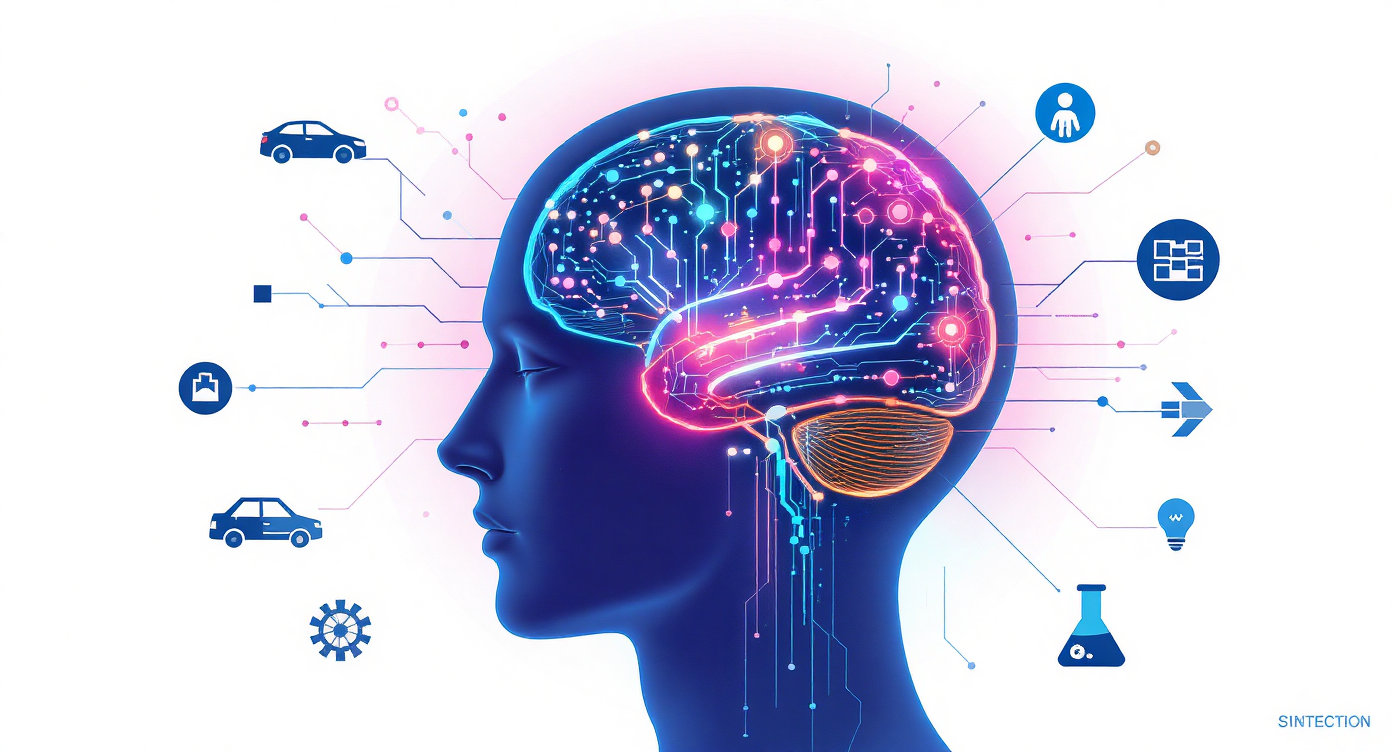
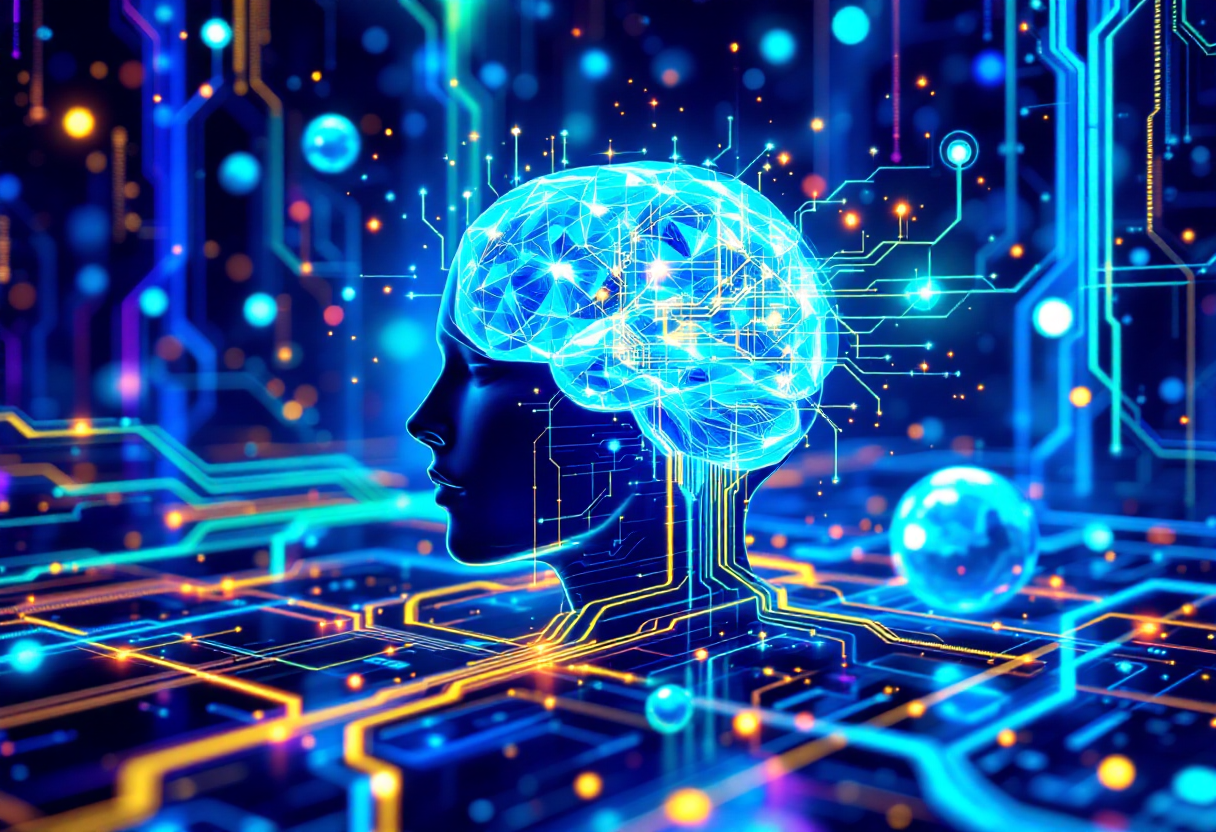
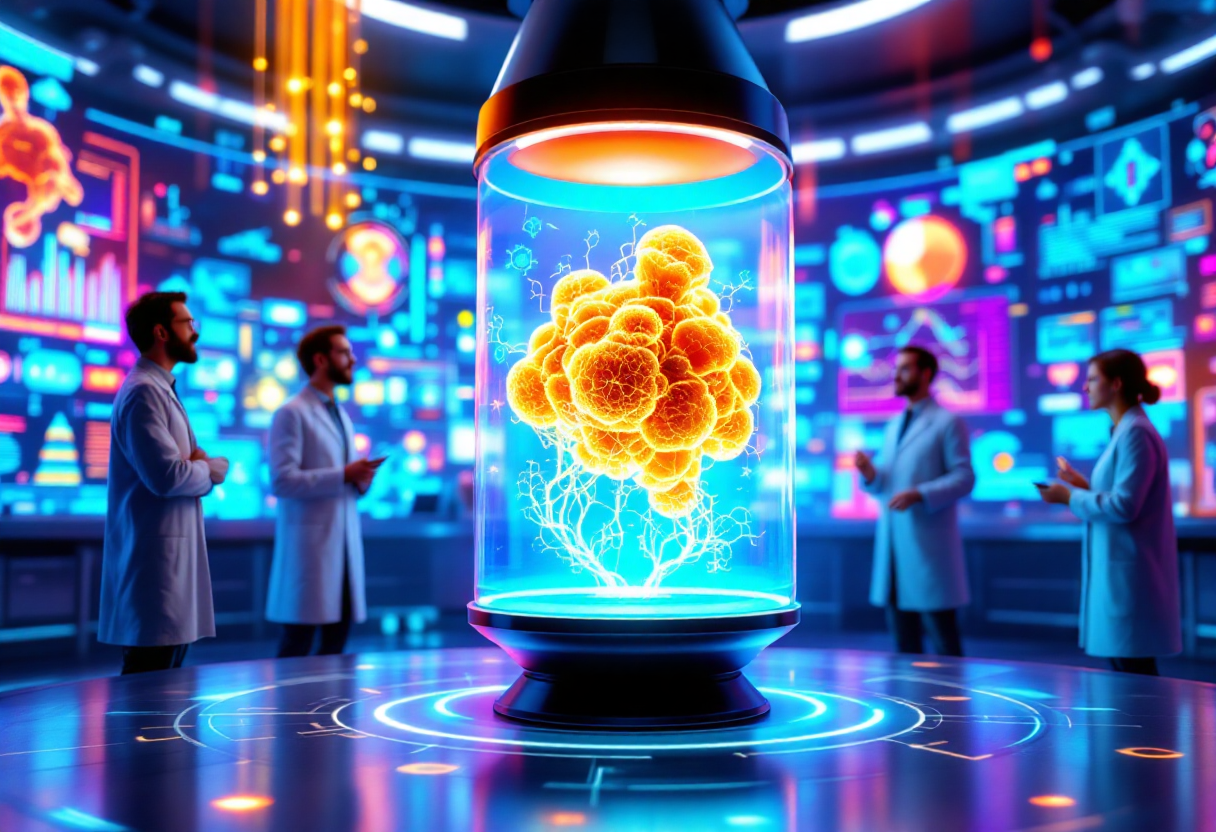
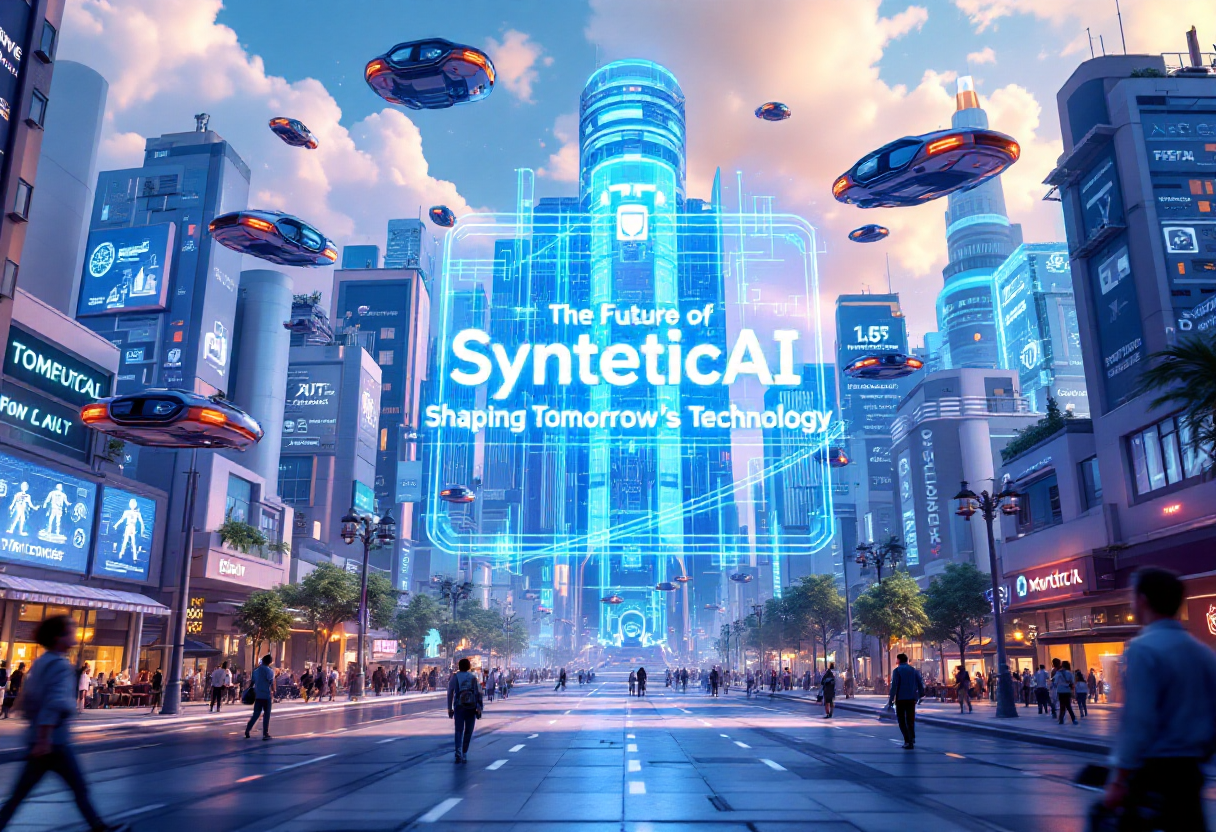
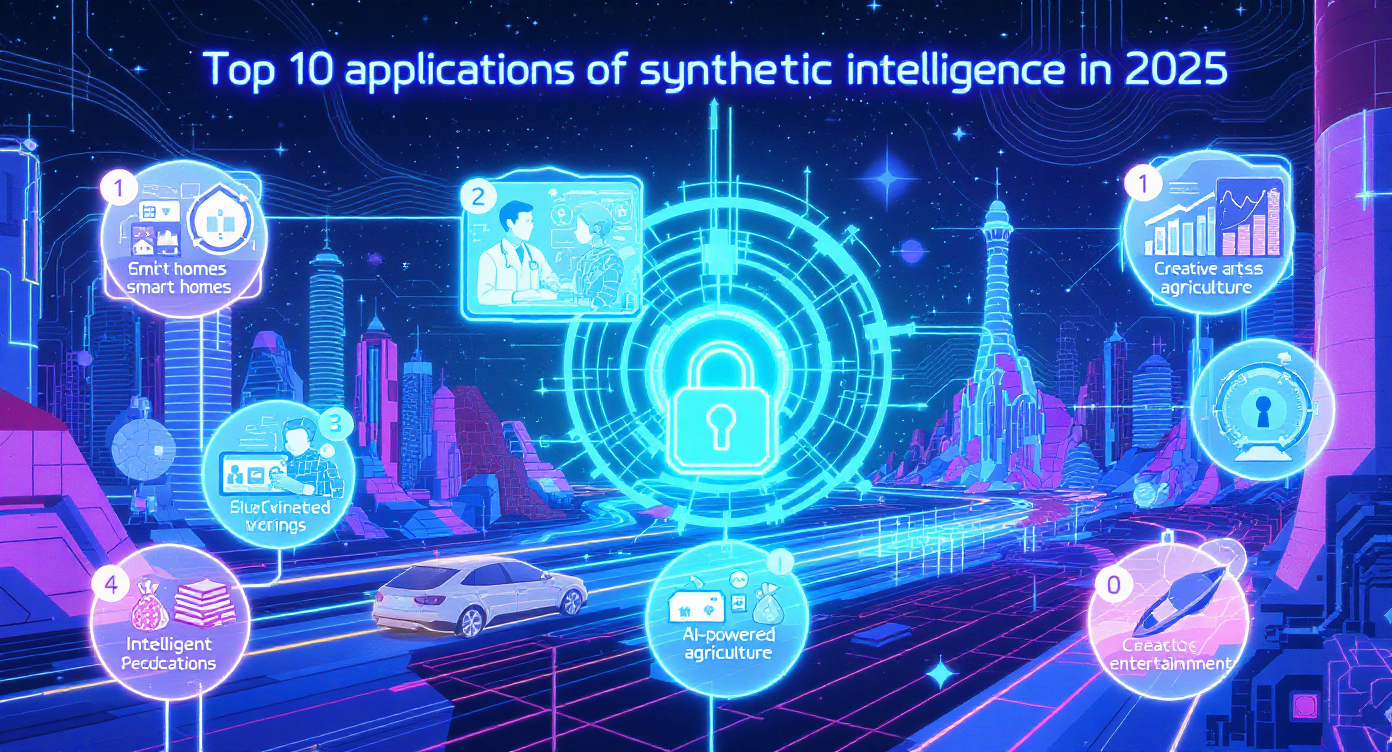
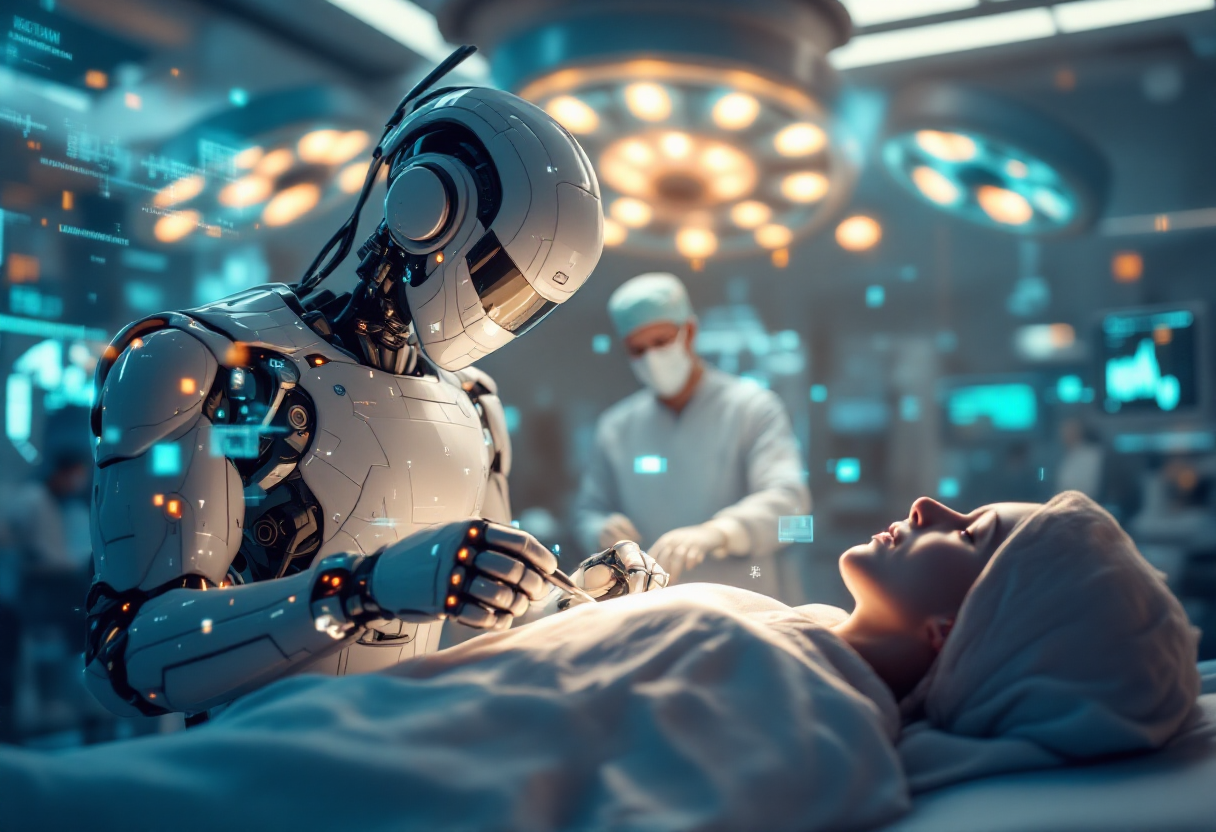
Leave a Reply